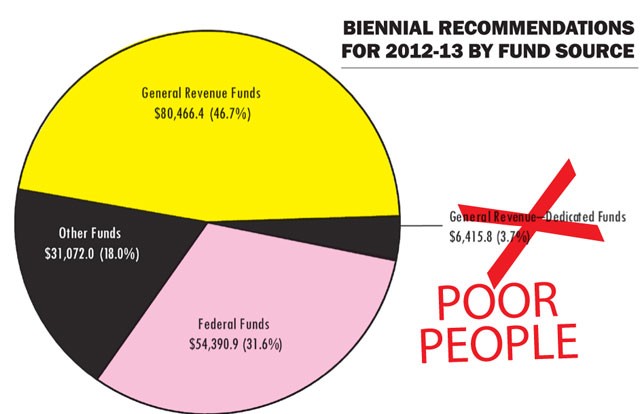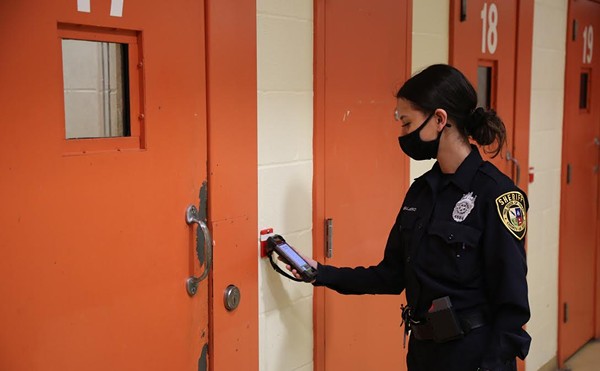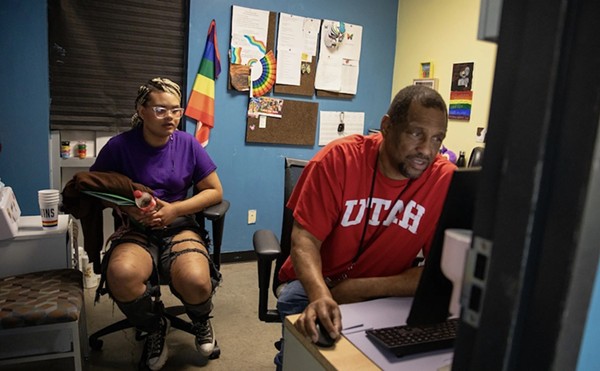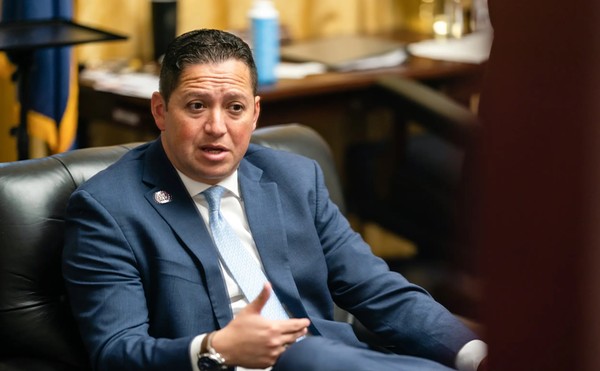Thousands of elderly and poor Texans are enduring another hot summer with little or no air conditioning because their strapped budgets leave no room for expensive utility bills.
North Texas counted at least 13 heat-related deaths during sustained triple-digit temperatures this summer. San Antonio has not documented any heat-related deaths yet, but firefighters responded to more than 260 calls about heat illness all summer. “These calls are for our elderly population for the most part,” said San Antonio Fire Department spokeswoman Deborah Foster. “The elderly are staying in homes without fans and can’t afford to pay electric bills.”
While City-owned CPS Energy has about $3.5 to $4 million to assist low-income customers through a program unique to San Antonio, with qualifying customers receiving up to $400 per year from the donations of other customers, the LITE-UP Texas Program covering the state’s deregulated market is limping. While the program is expected to raise $146 million this year from a $1 monthly customer fee, those in most need will only see about $64 million because the state is siphoning the remaining revenue for the general fund to balance the budget. The same practice also pulls money from cash-strapped trauma centers and phone-bill assistance programs, collectively providing $6.4 billion to certify the latest budget.
“All these politicians don’t have any problems stealing money from vulnerable populations in order to fulfill campaign promises of no new taxes,” said State Rep. Sylvester Turner, a Houston Democrat and vice chair of the Appropriations Committee.
More than $650 million in unused LITE-UP funds are sitting in the general fund, and the state expects that will grow to $930 million by 2013. The money will remain parked there to certify future budgets, Turner said. “We wouldn’t be talking as much about this if there weren’t so many people suffering across the state due to this heat wave,” Turner said.
Billy Hamilton, an Austin-based tax consultant, learned how the state raids dedicated funds while working for two state comptrollers, including Republican Carole Keeton Strayhorn. “I have never heard of any other state doing this,” Hamilton said. “Don’t get me wrong; every state does budget gimmicks of one kind or another.”
But Texas has to be different.
“If they decided to spend more money on old people’s utility bills, there would suddenly be less money for the general budget,” Hamilton said. There’s always the option of cutting spending in other areas or raising taxes, but the GOP leadership has refused to go there, he said.
Governor Rick Perry’s presidential bid has attracted more attention in regard to these issues. NPR and other national media outlets have been surprisingly inquisitive about the claims in Perry’s campaign narrative, which boasts of job growth and balanced budgets without tax increases. CBS News reported on the LITE-UP program last week, while another CBS News piece quoted an out-of-work teacher who said the so-called “Texas Miracle” has been a “tragedy” since the Legislature laid off teachers en masse to help balance the budget.
Perry’s camp seems unfazed by the criticisms of the budget-balancing under his watch.
“Governor Perry continues to promote truth in budgeting and truth in taxation so that taxpayers know how [and] where their hard-earned dollars are going,” Catherine Frazier, Perry’s deputy press secretary, told the Current in an e-mail. “He is proud of the tough decisions lawmakers made to keep the state living within its means by balancing a budget that did not raise taxes.”
Living within one’s means is something the state’s poor and elderly know all too well.
LITE-UP Texas offers assistance to about 575,000 people monthly from May to September. It initially assisted 700,000 people 12 months a year. It was curtailed to five months when the state faced a $10-billion shortfall in 2004.
It also covers 10 to 20 percent of a utility bill for low-income Texans. The percentage was set at 17 percent until the Public Utility Commission of Texas lowered it to 10 percent last year in anticipation of another budget shortfall. “It gets adjusted depending on what funds are available … and for the purposes of what the Legislature wants or needs for balancing the budget,” said PUC spokesman Terry Hadley.
Of course, the needs of those at the bottom don’t always get equitable treatment from state lawmakers, perhaps explaining why this story has been slow to break.
“The intended recipients of these dollars are elderly and low-income, so they can’t afford lobbyists to be in Austin,” Turner said. “They can’t get that story out.” •



















